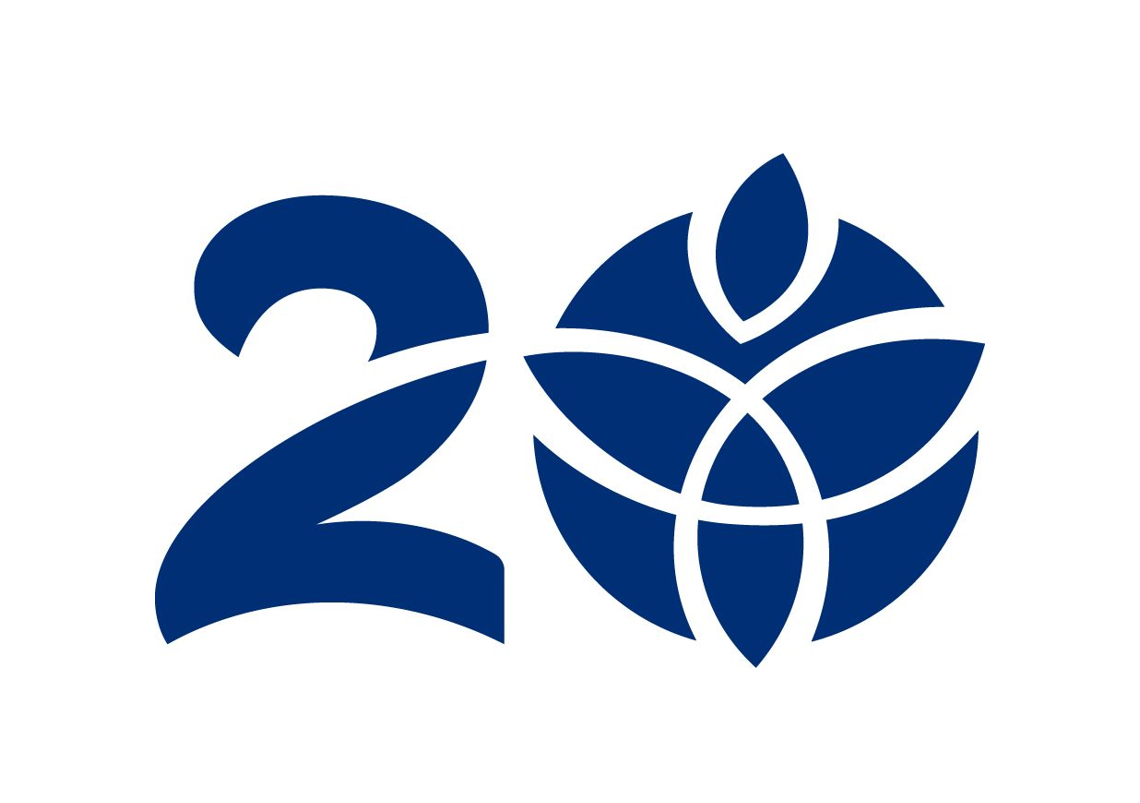Class Resumption: Ready and Right
Apr 1, 2022
In my last message, I wrote of our shared heartfelt hopes for a happier, healthier summer. Now deep in the darkness of the fifth wave, we are facing choices that will inform future actions, but which also challenge some of our fundamental values. As a community, how do we chart the difficult course between the prudent management of risk to public health and the liberalization of the operations of social institutions such as schools?
We recently had cause for celebration with the announcement of the resumption of face-to-face classes for all Hong Kong schools after the Easter holiday break. This news was particularly heartening for our Grade 12 students who are preparing for their final Diploma examinations in late April and May. Of course, the announcement came with a caveat: meals taken on campus were seen by health authorities as too great a risk, given the highly transmissible nature of the COVID-19 variant prevalent in Hong Kong at this time. As a result, the Education Bureau (EDB) has decided that half-day classes only will be offered by most schools.
Health authorities believe that a high level of vaccination in a student body may mitigate the risk posed by taking meals at school. Accordingly, the Bureau has imposed on Hong Kong schools a minimum 90% vaccination target to qualify for the resumption of full-day classes for all students. Pursuit of this target is entirely voluntary. On reaching a 90% vaccination rate, schools will be eligible to apply for permission to offer full-day face-to-face classes.
In effect, this decision has quite naturally led to animated debates among parents about the status of unvaccinated children in Hong Kong, and the choices made by their parents. Some parents have asked schools to mandate vaccination for those children returning to campus. The question has even been taken to the most senior levels of EDB leadership, resulting in the Secretary for Education, Mr. Kevin Yeung, responding publicly to media inquiries about the status of unvaccinated children in Hong Kong schools.
The debate centers on two issues: why should the education of vaccinated children be compromised by the number of unvaccinated children in a school? And, do unvaccinated children pose a risk to vaccinated children if permitted to attend face-to-face classes?
The first question is driven by the EDB’s policy of restricting schools to half-day classes only if the number of vaccinated students does not reach 90% of those eligible. The argument is that the education of vaccinated students is being compromised by the choices of others. Some parents of vaccinated children believe that unvaccinated children should therefore not be permitted to attend face-to-face classes in order to allow normal classes to be offered to vaccinated children.
The other question arises from the belief that an unvaccinated child is more likely to carry the COVID-19 virus into school, thereby exposing other children to a higher risk of infection. Parents concerned about this risk would prefer to see unvaccinated children excluded from school as they believe this may reduce the risk of exposure for the vaccinated children.
Generally, unless children are very close to reaching the age of 18, decisions about medical care and particularly vaccinations are made by the parent or guardian legally responsible for the child. As such, children should be seen as essentially blameless when it comes to their vaccination status. Taking action therefore against unvaccinated children to limit their access to education because of adult decisions and choices is potentially a violation of the Convention on the Rights of the Child. Under Article 28 of the Convention on the Rights of the Child, published by the United Nations, every child has the right to an education (https://www.unicef.org/child-rights-convention/convention-text). Hong Kong ratified the Convention in 1994.
The more complex medical question of the comparative risks of exposure to COVID-19 in vaccinated and unvaccinated communities is beyond the scope of this message. However, health authorities locally and internationally have emphasized the benefits of vaccination for both adults and children (https://www.covidvaccine.gov.hk/en/vaccine#benefits). Vaccination lowers the risk of catching the illness and boosts the body’s response if a vaccinated person becomes infected with COVID. Governments around the world are wrestling with the question of whether to exclude the unvaccinated from schools. There is, however, a strong argument suggesting that unvaccinated children who are not totally isolated may be at greater risk when there is rapid, uncontrolled transmission of COVID in the community. As parents prepare for a return to face-to-face classes, they must acknowledge that all children will experience a higher level of social contact. A sensible course of action for the parents of unvaccinated children therefore would be to seek medical advice about their choice and consider having their children vaccinated.
At ISF, our own pathway out of the fifth wave is clear, but will require effort. We will seek to expedite our return to a normal routine of face-to-face classes as soon as it is safe to do so and permissible under government directives. Through multiple pathways, platforms, and approaches, we hope to support learning for all students, including those who may not be able to attend class in person. In this way, we show our respect for the right of every ISF student to receive an education.
Dr. Malcolm Pritchard
Head of School
